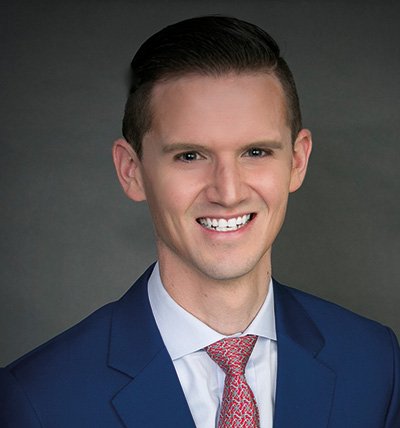Rob Zochowski
Rob Zochowski is the President and Chief Executive Officer at The International Foundation for Valuing Impacts. He was previously the Program Director for Impact Investing and Sustainability Special Projects at Harvard Business School. Rob has extensive experience in investment product innovation, strategy and development, and private wealth management. He has also consulted with various organizations and received his MBA from Columbia Business School with a concentration in social enterprise and impact investing.
What we learnt
What we learnt
Rob delved into the psychological factors that influence investment decisions, particularly focusing on cultural expectations and the prevailing belief that more wealth is always better. He highlighted the competitive nature of wealth accumulation and the relentless pursuit of higher returns, as well as the common belief that a company's sole responsibility is towards its shareholders. This mindset often hinders investment in impactful initiatives due to concerns about personal financial loss. Rob emphasized the prevalence of short-term thinking in investment decisions and advocated for a shift towards long-term value creation.
One key topic discussed was the Pre-Distribution Initiative, an organization challenging high financial return expectations and promoting a holistic understanding of investment costs. Rob shed light on the underlying belief in the United States that individual wealth solely results from personal effort, obstructing the examination of systemic inequalities. He expressed concerns about unrealistic return expectations in impact investing and emphasized the need to strike a balance between short-term financial gains and long-term societal impacts. He called for clearer definitions of impactful investments to prevent overselling ideas in the impact industry. The conversation also explored the distinction between public and private markets in the context of impact investing. While some argue that only private markets can truly achieve impact, Rob highlighted that impact can also be attained in public markets through shareholder engagement and proxy voting.
Regarding areas requiring innovation in financing impact, Rob emphasized the importance of awareness, education, and managing expectations. He is interested in approaching impact from a design perspective and finding new ways to measure and quantify impact. Rob stressed the need for inclusive processes involving stakeholders from diverse backgrounds to ensure their perspectives are heard. Examples like the UN PRI, principles for responsible banking, and public-private partnerships were cited as instances where stakeholders collaborate to drive impact.
Finally, Rob discussed the challenges of decision-making in impact investing within his daily work. He emphasized the necessity of transforming decision-making processes and urged boards to adapt to new commitments and effectively implement them. Rob highlighted the potential of impact assessment methodologies to provide comparable estimates of impact across different metrics. Looking ahead, he identified opportunities to add value and develop innovative solutions by addressing decision-making challenges, increasing awareness and education, and refining impact measurement methodologies.
Key quotes
“Let's define what "impact" means and what realistic returns actually are. It's difficult to obtain data on this and analyze it. We have a field with tremendous potential to change lives, but incorrect expectations can also cause harm.”
‘The organization that I was talking about, the Pre-Distribution Initiative, is doing a lot of thinking about how our expectations for returns are way too high. Effectively, what organizations have been doing and investors have been getting is they've only been paying half their bills. The simplest example is if my personal finances would look much better if I didn't have to pay my taxes every year. But taxes are a part of life, right? Some of the work that we're trying to do is get a more comprehensive view of that.’
‘There are decisions being made every single day by managers and Division Heads, like, design for packaging, or product design, right? Are we going to use plastic? There are so many decisions, every decision has an impact in some way.’
‘So most boards in the the biggest company of the publicly traded companies are comprised of people who were excellent in their particular field. Those companies and those boards are being asked to make decisions that they've never made before. They've never made a net zero commitment, right? They've never made a living wage commitment, or a supply chain diversity commitment or things like that and then implemented those.’
